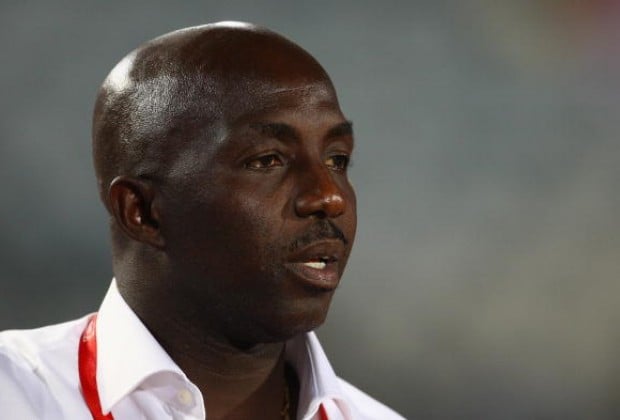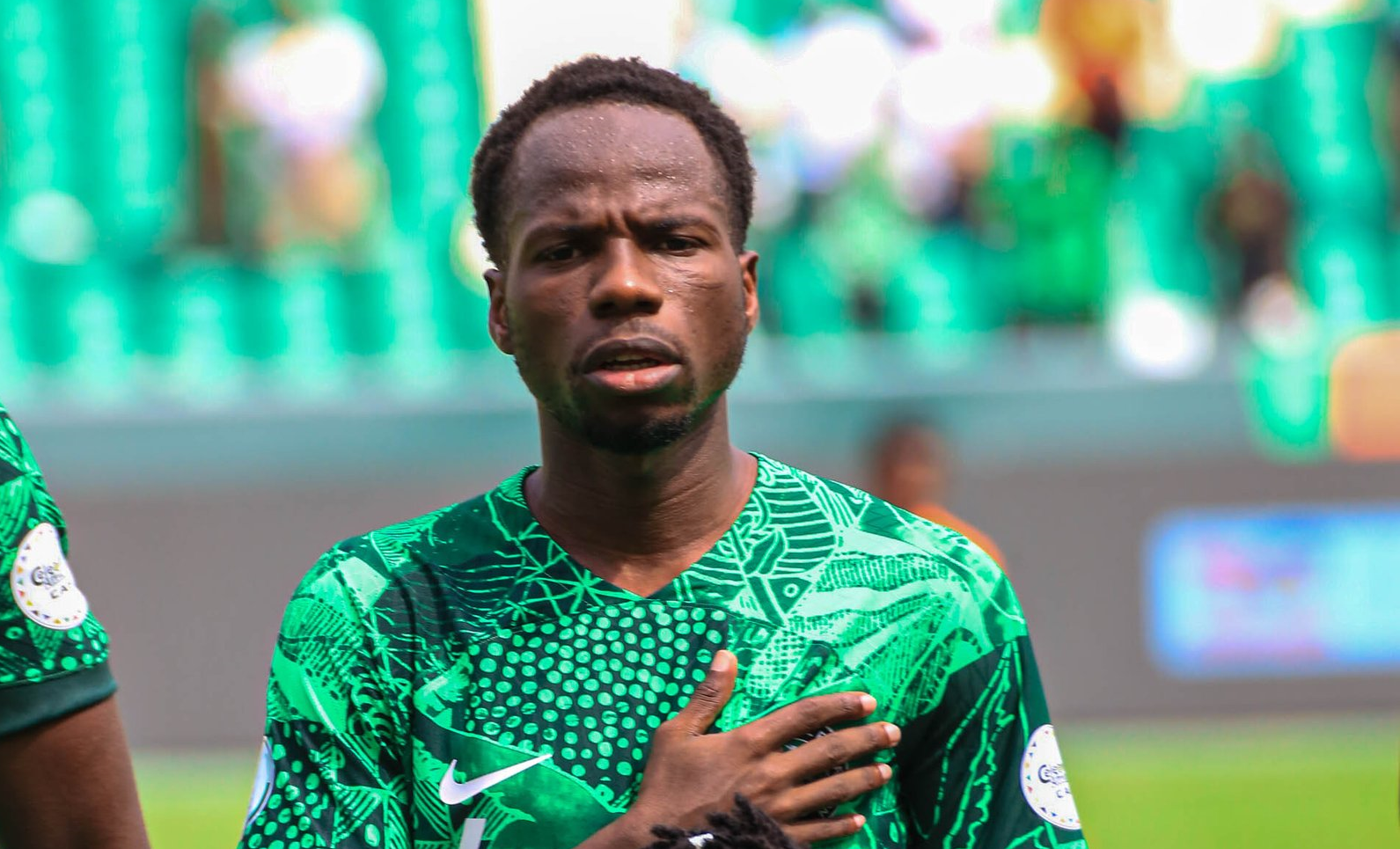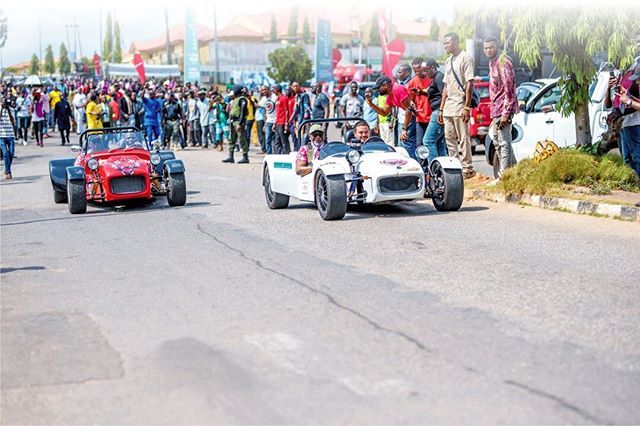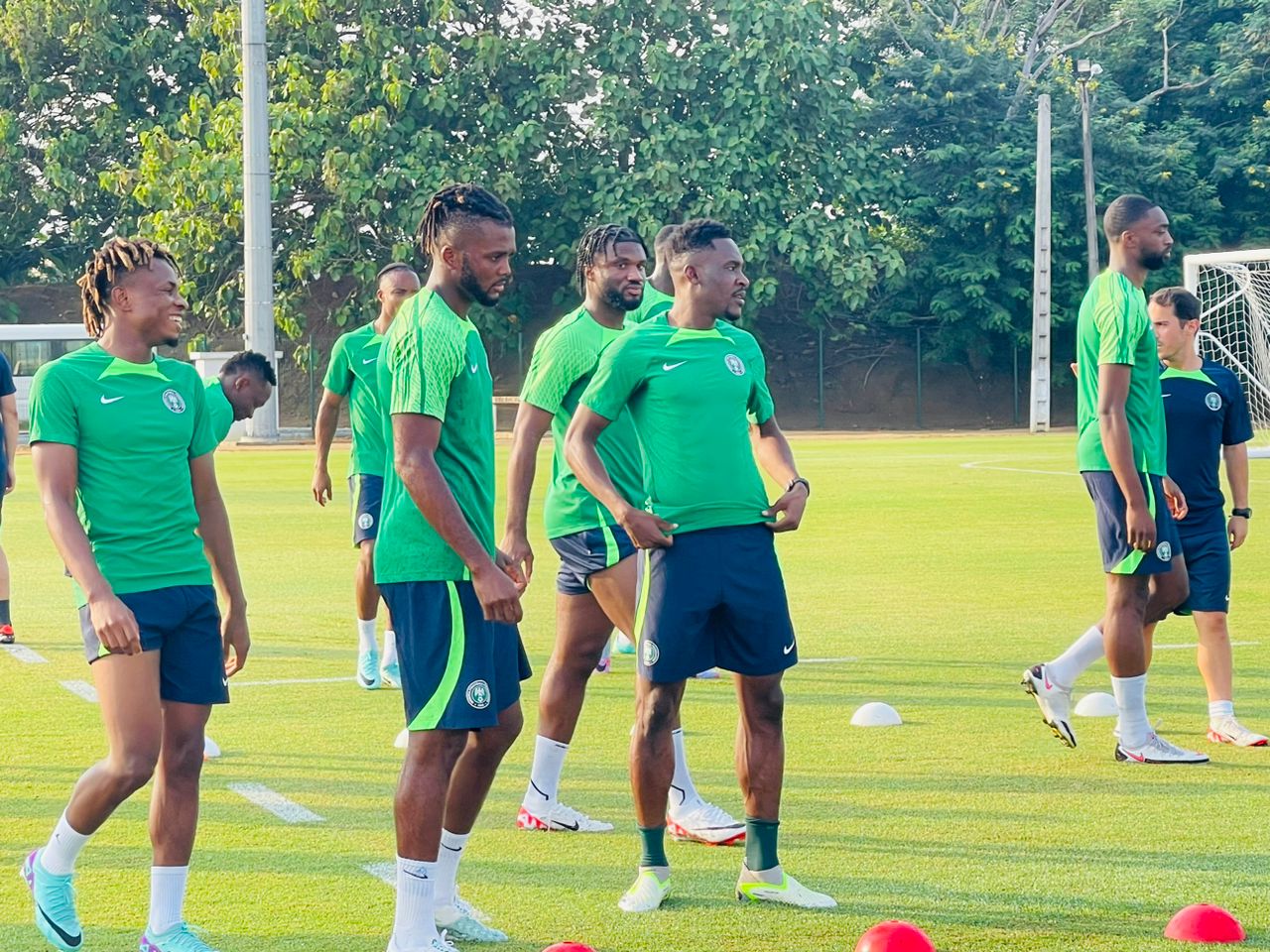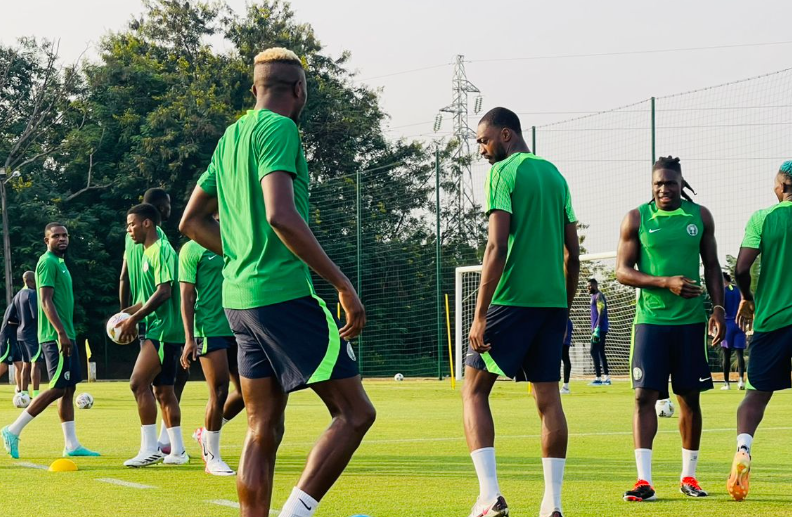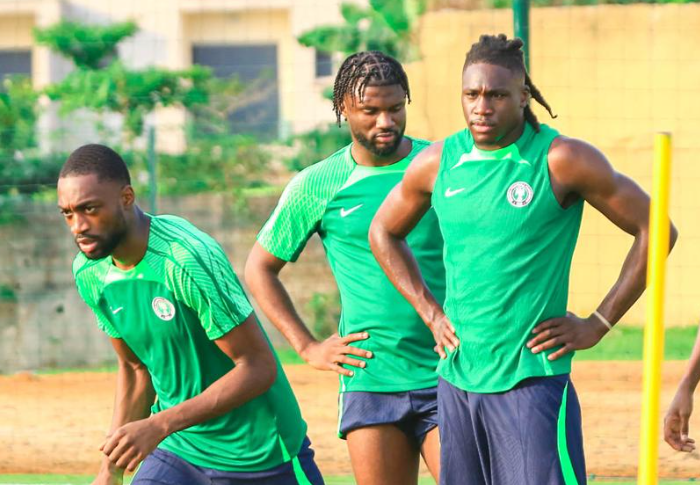BY ARUKAINO UMUKORO
In Qatar 2022, Morocco’s Atlas Lions became the first African team to reach the last four (semi-finals) of the FIFA senior World Cup.
Before Morocco, there was Senegal, who in Korea Japan 2002 became only the second African country, after Cameroon (Italia 90), to reach the World Cup quarter-finals.
Despite the plethora of talents available in Africa’s most populous and gifted footballing country, and winning a record five Under-17 World Cups, Nigeria has underachieved at the FIFA senior World Cup. The country’s best showing was reaching the Round of 16 in 1994 and 1998.
Advertisement
For former Super Eagles player and coach, Samson Siasia, a major reason for Nigeria’s underwhelming performance at the World Cup is the lack of adequate infrastructure for progressive football development.
Having coached the national Under-20 and Under-23 teams, and the Super Eagles, Siasia speaks from experience.
Bleeding with football and sporting talents, Nigeria needs an urgent Band-Aid and comprehensive treatment for its systemic failures, says the Super Eagles legend.
Advertisement
While noting that the continent still has a long way to go to match their European and South American counterparts in terms of development, some African countries like Senegal, Morocco, Egypt, and to some extent South Africa, are doing better now because they keep investing in the right infrastructure for football development.
These countries are leaving Nigeria behind, he notes.
“The most important thing is you have to have good infrastructure, including pitches, to discover and develop young talents from the grassroots. If you don’t have things like that, it becomes a problem. They have some great pitches in Senegal and Morocco too.”
Siasia also urged for more private sector sponsorship/partnership to develop football in the country.
Advertisement
“When we were growing up, we didn’t play on good fields like this. We played on sand, but that didn’t stop us. But we have to get to improve, develop infrastructures where kids should be playing basketball, not just football, but basketball, track and field sports and others. More sponsors need to be involved to help that process. We have to move forward.”
He also noted that some African countries were already deploying data analytics and technology to develop their football and sports generally.
“They use it (data and technology) all over the world. Morocco is doing it. Senegal is doing it. We can’t even pay our coaches. I don’t know. What are we going to do about that? We need to wake up. They say we are the greatest country in Africa, right? Yeah. But we are just sleeping. It’s about time we woke up and improved, because the rest of Africa is leaving us behind.
“Look at Senegal (AFCON defending champions), they got to the World Cup quarter-final, Morocco almost reached the final. They are all doing well. What are they doing that we are not doing? Let’s go back to where things used to be when we were growing up: (developing) school sports and proper organisation across all levels. Let’s do our homework too and do the right thing,” Siasia emphasises.
Advertisement
SiaOne Soccer Academy – tapping the next golden generation
When he got injured playing for the national team and was ruled out for months, Samson Siasia considered his next move.
Advertisement
More importantly, he thought about how he could give back to society through a sport that gave him everything and helped him achieve his dreams. The former player and coach of the Super Eagles says that was the period he got the inspiration to establish a football academy.
“I had a major surgery after that injury. And when I stopped playing and ventured into coaching, I said to myself, it’s time to give back.”
Advertisement
That life-changing injury heralded the birth of a dream. The Sia One Soccer Academy, which was named after him, was established over 10 years ago. Siasia says he started the academy because he wanted to give back and touch the lives of the young ones.
“You have to consider the young ones that are coming up to make sure they will in turn give back to someone else too. We don’t want them to go to where we went to, those difficult places, where we didn’t have standard football pitches, and give them something tangible they can start with, better than what we had when we were growing up. That’s where the academy came into play.”
Advertisement
With the motto, Catch Them Young, the SiaOne Soccer Academy, focuses mainly on the education and development of soccer skills of children and teenagers (from Under-4 to Under-22) through football clinic programmes.
The Academy prides itself as “a place where kids and youth are given the wide opportunity to reach their chosen goals, not only through sports but also education.”
But the SiaOne dream really started decades ago, in the heart of Ajegunle, in Lagos. The Super Eagles legend grew up in the once notorious slums, and his life’s journey may have taken a different turn if not for football. Growing up, he recalls playing with former internationals Tarila Okorowanta, Jumbo Awala and Paul Okoku.
“We lived in the same area. Whenever my elder brother was going to play football, I always went with him, and I played with these guys. We all played in St Finbarr’s college team too. School sports was very good back then, and it helped a lot.”
Football, he notes, gave him a chance to escape a life full of uncertainties.
“My biggest motivation was to play myself out of the place I grew up in. It (Ajegunle) was a tough area. But you need to find a way of not getting caught in the environment that you actually grew up from. So, you want to use sports as a means of getting out, which I did very well. I never got myself involved in anything stealing and all that stuff. Every day I’m out there playing with my peers and all that stuff. Football has made everything that I know for me a little bit easier, from my primary to secondary school levels.”
It also presented him a chance to further his education when the University of Ibadan came calling because of his football skills, but he declined their offer.
“Yes. I already had the basic education, which was important. But I said I didn’t want to go to university. All I wanted to do was play football. And I was just focused on going to play abroad. I did that, I played in Europe for 20 years. No regrets. That’s what has brought me to where I am today,” he said.
Other great players like Emmanuel Amuneke, Jonathan Akpoborie, Taribo West, Ifeanyi Udeze, among others, all had roots from Ajegunle.
Love and midwifing a dream
The SiaOne Soccer Academy might be Siasia’s pet project, but it is fully managed by his wife. The kids train at weekends and sometimes during the week at the pitches inside the Moshood Abiola National Stadium in Abuja.
Siasia describes his wife as the heart and soul of everything about it. She oversees the running and administration.
He explains. “Without my wife, I don’t think the academy would be where it is right now. So, I want to appreciate her and let the world knows that she’s the one running it. I’m just the face bringing people to come to the academy.”
“When I started the academy, she didn’t know much about football. But she followed me everywhere I went. And she kind of got hooked up on the concept. When I started coaching in America, I came back here and I said, let’s set up an academy.”
A few days before Christmas of 2023, the Academy organized its Christmas party, ‘mama’ as Siasia’s wife is fondly called, was the engine room, pre- and post-event.
At the end of the party at a section of the Abuja National Stadium, Siasia relaxes on the chair, surrounded by a couple of friends, while a replica of the Under-17 World Cup trophy, and bottles of wines, lay on the table. Mrs. Siasia was still busy with packing up and putting everything in order.
“Mama killed it, man. She did great,” he says to me, smiling, praising his wife’s organization and management skills. It was a joyful season, and the joy of a man who has seen it all was evident to his friends. “Yes oh, mama finish work,” his friend echoed.
“Women have the Midas touch,” he tells me later about his wife’s influence on his life and career, adding that she’s a wonderful person and great leader.
“We don’t think women can lead, but they can. We’re following them, but at the end of the day, we are the leaders, but they are behind us. Without them, we cannot be who we are today. It is what it is. She’s done very well.”
He praises his wife for being able to also multitask and says women are not given enough credit for that quality.
“I’m glad she’s part of what I’m doing. I’m the face of the academy, but she’s the one behind the scenes, organizing and making sure things work the way they are supposed to.”
Siasia was also full of praise for the academy coaches, staff and parents of the kids in the Academy for their unwavering support. “They are actually involved in everything we’re doing,” he adds.
“Unlike in my days, now, we now have a good number of standard football pitches Like now, we use three different pitches to ensure we give the young ones the right basic training and preparation.
“We don’t have sponsors. We’re just doing it all by ourselves. It’s difficult when it comes to trying to set up grassroot programmes. The federal and state governments should come in and help in developing the right infrastructure where the kids can play football.
“But we keep trying to make sure we have one or two players that will play in the national team. But I think we have young ones that come to U15s that are very, very good. They just need exposure.”
“In five years’ from now, I believe some of them will play for the national team,” he tells me, with hope in his eyes.
Obviously, with more funding and resources, this hope, birthed in love, passion and expectations, will see the dreams of future stars in the academy become reality.
This article was originally published on Africa Interviews and republished here with permission
Add a comment
